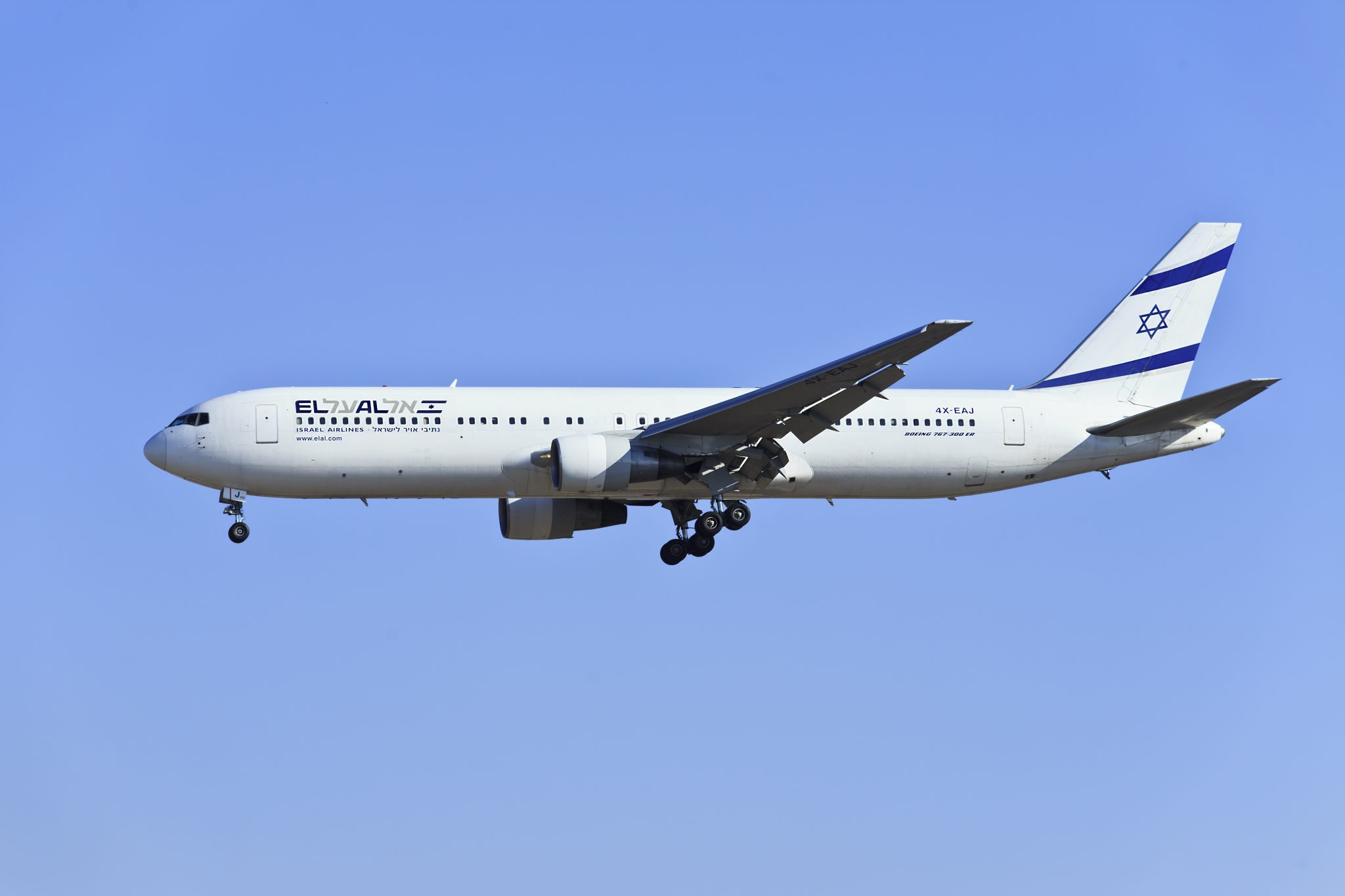El Al has reported an 11% increase in revenue to US$464 million in the first quarter of 2018; a 2.5% increase in the number of passengers; an increase in load factor to approx. 83.8%; and a 4.3% increase in yield.
The airline also recorded an increase of 15% in operating expenses, attributable primarily to the growth in operations; an increase in fuel expenses totaling approx. US$23 million, mainly due to the increase in fuel price; an increase of approx. US$7 million in payroll expenses following the erosion of the US dollar against the New Israeli Shekel; and an increase in minimum wage. Net loss for the quarter amounted to US$44 million.
To compete amid rising fuel prices and intense competition, El Al says that it is deepening the implementation of a business efficiency plan across the company, including reducing expenses and increasing revenues. It is also changing the compensation model for agents in Israel and abroad.
The removal of the 767 aircraft from the El Al fleet will be achieved by the end of this year, opposed to 2020 as originally planned so the airline can benefit from the introduction of the more efficient 787 aircraft type.
El Al has also confirmed that it will postpone the launch of a new route to San Francisco until the second quarter of next year as one of its 767 aircraft was damaged at Ben Gurion Airport when it hit another aircraft.
Operating revenues amounted in the first quarter of 2018 to approx. US$464 million, compared to US$418 million in the first quarter of 2017, reflecting an increase of approx. 11%.
The increase in revenues was primarily attributable to an increase in the number of tier segments increased by approx. 2.5% compared to last year; available seats per kilometer (ASK) increased by approx. 3.1%; the company's operations in RPK terms (revenue passengers per kilometer) grew by approx. 3.3%; operations in terms of flight hours increased by approx. 2.7%.
El Al’s aircraft load factor stood at approx. 83.8%, compared to 83.6% at the first quarter of 2017, while the average yield per RPK increased by approx. 4.3% compared to the first quarter of 2017.
The loss before tax for the first quarter of 2018 amounted to approx. US$57 million, compared to a loss before tax of approx. US$39 million in the first quarter of 2017.
The net loss for the first quarter of 2018 was approx. US$44 million, compared to a net loss of approx. US$30 million in the first quarter of 2017. The increase in loss is due primarily to the increase in jet fuel costs as a result of an increase of 25% in jet fuel price and an increase in payroll expenses following the erosion of the US dollar against the New Israeli Shekel.
"In view of the changing reality and growing competition, as well as the increase in fuel prices, changes in exchange rates and regulatory restrictions, EL AL is currently in the midst of an accelerated optimization process, both in terms of its scope and the speed of its implementation,” said El Al's CEO, Gonen Usishkin. “Within this framework, we announced a number of significant steps and more decisions are expected to be made in major areas which has an efficiency potential. The program is comprehensive and reviews all fields of activity and business areas, with the aim of increasing revenues and considerably reducing expenses in order to establish a coherent path for improving results, through a multi-year process.

